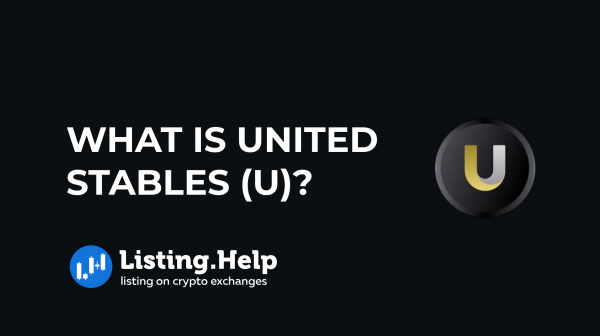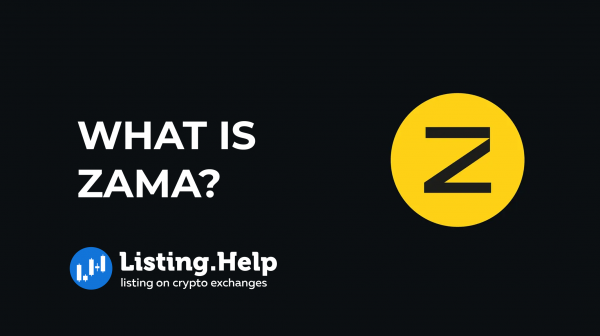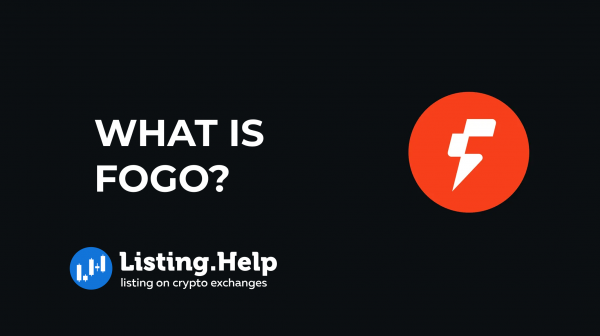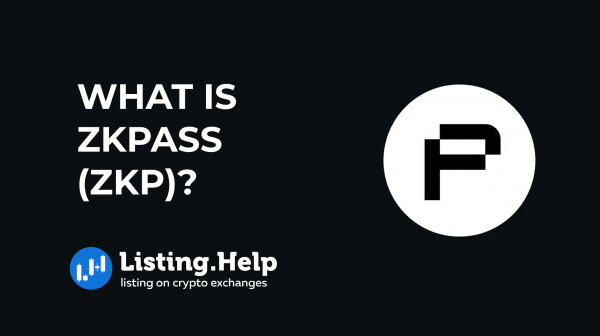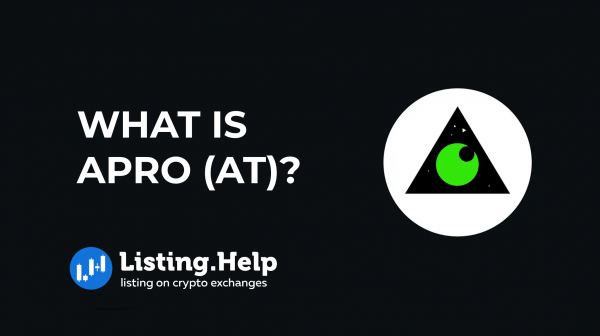What Are Utility Tokens?
 July 20, 2024
July 20, 2024 Updated: January 26 2025, 07:16
Updated: January 26 2025, 07:16
LEAVE A REQUEST
Launching your own token project? Our experts are ready to help with listing on exchanges, market making, marketing and other solutions
SUBMIT APPLICATIONCoins and Tokens
Coins refer to cryptocurrency assets that can be easily used for buying goods and services, acting similarly to traditional currencies. Like USD or CAD, these coins are fungible, divisible, and easy to exchange. Bitcoin is the most well-known example of this.
Tokens, on the other hand, often lack value outside the blockchain project that issued them. While they fall under the broad category of cryptocurrencies, tokens don’t function like coins since they aren’t readily exchanged for goods and services. A common example is ERC-20 tokens.
Tokens derive their value from the specific blockchain project they are tied to. If the project isn’t well-regarded by investors, the token’s value will be low. Hence, a token’s worth is directly linked to the success of its associated blockchain.
While the value of coins can also be influenced by the blockchain’s performance, other factors play a significant role. The ease with which a coin can be exchanged for other cryptocurrencies or fiat currencies significantly affects its price. Ultimately, a coin’s price is determined not only by its blockchain but also by its exchangeability with other assets.
What Is a Utility Token?
Utility tokens are blockchain-based tokens with a specific purpose, providing functionality within their native platform. Unlike financial instruments, they aren’t subjected to the same regulations as securities.
These tokens are typically issued during events like ICOs, IDOs, or IEOs, where investors can buy them using cryptocurrency or fiat money. They motivate users to engage with the platform and help operate the network. For instance, a platform might require users to hold a certain amount of tokens to access features or participate in activities. Utility tokens can also reward users for completing tasks or offering services on the platform.
Utility tokens are designed to function within a specific ecosystem. Imagine if Uber had its own utility token, which users could use to pay for rides on the Uber network. These tokens are not intended for investment purposes.
The SEC keeps a close eye on new utility and security tokens. They use the Howey Test to decide if a token is classified as a security or a utility token. Because utility tokens are not seen as investment contracts, they don’t have to follow the same rules and regulations as security tokens.
Key Features of Utility Tokens
1. Service Access
Utility tokens are designed to grant users access to a blockchain platform’s services or features. This can include using a decentralized application (DApp) or unlocking specific functionalities within a blockchain ecosystem.
2. Non-Investment Nature
Unlike security tokens, utility tokens are not considered traditional investments. They serve as a method for conducting transactions within a specific blockchain environment.
3. Value Based on Use
The value of utility tokens is derived from their usage within a particular ecosystem. As demand for the related services or features increases, the value of the utility token tends to rise accordingly.
Examples of Utility Tokens
1. 0x (ZRX)
0x is an open-source protocol enabling peer-to-peer exchange of Ethereum-based tokens and assets. It offers a decentralized, trustless exchange for ERC-20 tokens.
2. Augur (REP)
Augur is a decentralized prediction market platform where users can create predictions and place bets on real-world event outcomes. The Augur token (REP) rewards market participants who accurately forecast event results.
3. Golem (GNT)
Golem is a decentralized supercomputer that allows users to rent out their computing power. The Golem token (GLM) is used to pay for services and resources on this platform.
4. Basic Attention Token (BAT)
The Basic Attention Token is an Ethereum-based token that monetizes user attention on the Brave browser. Users earn BAT tokens by viewing ads in the Brave browser.
How is a Utility Token Different from a Security Token?
The primary difference between utility tokens and security tokens is their function and regulation.
Security tokens grant holders ownership rights in a company, similar to shares of stock but in a digital and decentralized form. As securities, they are regulated by financial authorities like the SEC and must comply with the same rules as stocks, bonds, and ETFs.
Utility tokens, on the other hand, are not classified as securities. They are used within a specific platform or ecosystem to access services or benefits and do not confer ownership rights. However, some utility tokens have faced legal challenges, with attempts to classify them as security tokens. Despite this, there is no universal rule subjecting utility tokens to the same regulations as security tokens, although some speculate that this might change in the future.
A major point of distinction is that utility tokens are not intended as investments in the same way security tokens are. The Howey Test, established by the US Supreme Court, determines if a transaction qualifies as an investment contract, thus classifying it as a security. The four conditions of the Howey Test are:
1. There must be a monetary investment.
2. Investors expect to make a profit.
3. Profits come from a common enterprise.
4. The profits result from the efforts of others.
If a utility token meets these conditions, it would be considered a security by the SEC. Cryptocurrencies like Bitcoin are generally not considered securities because, while there is a monetary investment, the expectation of profit and common enterprise aspects are debatable. Bitcoin and similar cryptocurrencies are designed as alternatives to fiat money and do not meet all the Howey Test criteria.
Security tokens are valued for their tradability and the expectation of profit. Utility tokens, however, exist in a gray area. Some should perhaps be classified as securities, while others should not. Many crypto projects try to avoid the heavy regulations that come with being classified as securities, but this can lead to significant penalties and even project shutdowns if the SEC decides they are indeed securities.

For more insights and updates on the crypto world, don’t forget to check out our blog at Listing.Help.




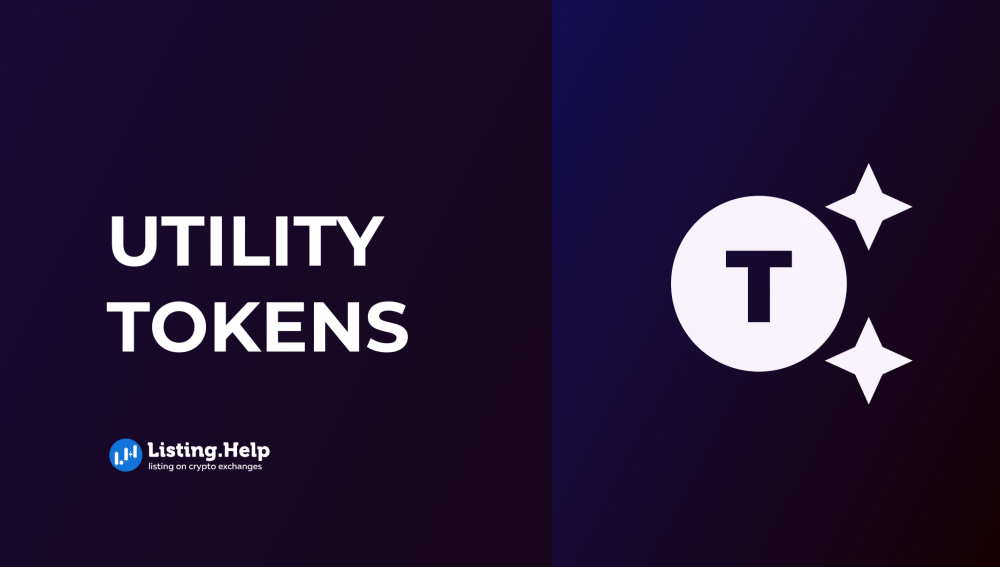


 March 4, 2026
March 4, 2026 